January 27, 2025 | 21:49 GMT +7
January 27, 2025 | 21:49 GMT +7
Hotline: 0913.378.918
January 27, 2025 | 21:49 GMT +7
Hotline: 0913.378.918
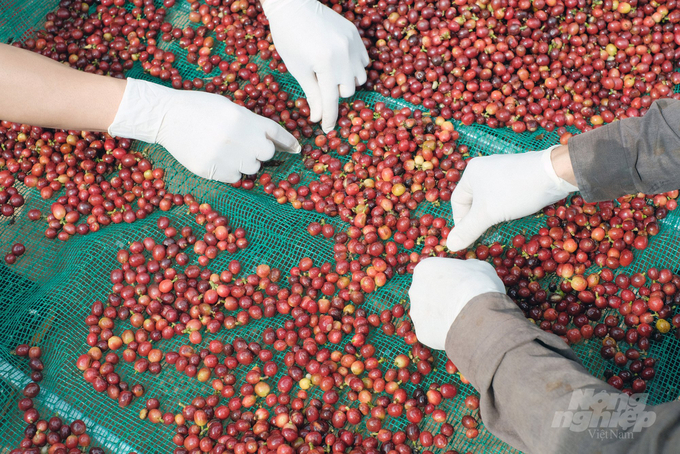
Arabica coffee is a staple crop, a specialty tree associated with the lives of ethnic minorities in Huong Hoa district. Photo: VD.
During the 1980s of the previous century, Khe Sanh Arabica coffee was sold to several demanding markets and gained popularity. "The price of coffee was running catastrophically low. Several coffee orchards were left uncared. Mr. Ha Ngoc Duong, deputy chairman of the People's Committee of Huong Phung commune, stated that the coffee plant has shown indications of recovery over the past four to five years, giving people reason to be hopeful.
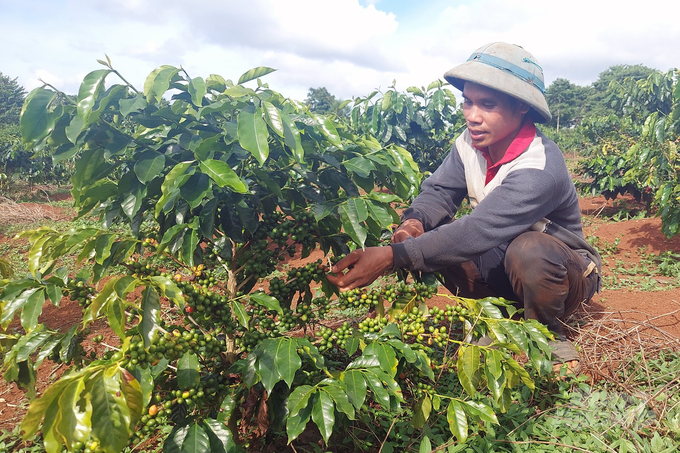
The coffee replanting program has helped many coffee gardens to be restored. Photo: Vo Dung.
Mr. Ho Van Phoi of the Bui Viet hamlet, like numerous other Arabica coffee farmers in Huong Phung, had no clue why coffee production had dropped to such an extent. He received the response immediately after attending the training class on coffee replanting. "Previous, coffee yield was only around 8 tons of fresh coffee per hectare each year, yielding a profit of more than VND 60 million." Phoi added, "However, I discovered that the care technique was improper, and insufficient amounts of fertilizer were unable to satisfy the needs of the trees' growth."
The 2020 replanting of 0.5 hectares of Arabica coffee by Phoi was made possible by the State's strategy. He was also provided with 2,500,000 plants, microbiological fertilizer, and pesticides, in addition to receiving an instruction to improve growing procedures. His family's replanted coffee garden prospered as a result of meticulous pruning, fertilizing, care, detection, and prevention of pests instructions.
Huong Phung commune contains 2.4 thousand hectares of Arabica coffee with about 1.5 thousand coffee farming households, of whom ethnic minorities account for forty percent. The commune comprises 900 hectares of old, low-yielding coffee plantations, according to a recent survey. Coffee replanting is a crucial task, as this region once produced the highest-quality coffee beans in Quang Tri.
Fortunately, as a result of the coffee replanting policy, the residents of Huong Phung now understand how to sustain their primary crop. Huong Phung's objective is to maintain the coffee acreage between 1,500 and 1,700 hectares.
"Many homes cultivate coffee beneath a passion fruit garden; after the passion fruit has completed its first storage cycle, it is killed to provide room for the coffee tree to develop. Another household cultivates fruit trees for harvest as well as shade trees to enhance the quality of coffee beans... This is the short-term method of cultivation utilized by the locals. Mr. Ha Ngoc Duong, Vice Chairman of Huong Phung Commune People's Committee, noted that there are currently coffee plantations yielding 30 tons per hectare, with an average of 15 to 18 tons.
Arabica coffee is primarily cultivated in Huong Hoa district's communes of Huong Phung, Huong Linh, Huong Tan, Huong Son, Tan Hop, Tan Lap, Khe Sanh town, etc. Since the start of the coffee replanting program in 2017, Huong Hoa district has planted 640 hectares. Participants (ethnic minorities account for 60-70%) of the program are supported by the Provincial People's Committee with 50% of the cost of seedlings. The People's Committee of Huong Hoa district also deducts the budget to support VND 300 million/per year for households to buy seedlings. Thus, each year the People's Committees of Quang Tri province and Huong Hoa district have supported people on average of nearly 600 million for the coffee replanting program.
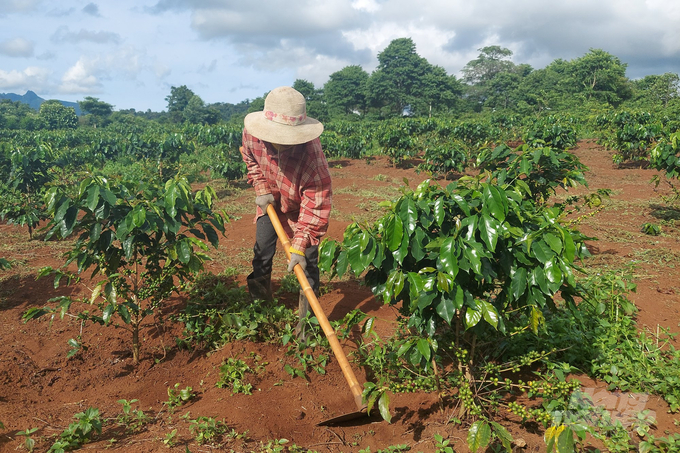
Arabica coffee promises to promote the live standard of ethnic minorities in Huong Hoa district. Photo: Vo Dung.
In addition to the coffee replanting project of the People's Committee of Quang Tri province, coffee growers also enjoy policies from the Coffee Replanting Project in Huong Hoa under the Central Agricultural Extension Project program for the period 2020-2022. This is a project implemented between the National Center for Agricultural Extension and the Center for Agricultural Extension of Quang Tri Province under the order of the Ministry of Agriculture and Rural Development, to be implemented in 2020 and 2021 with a scale of 12 hectares in 2022 in Tan Lien commune and Khe Sanh town.
Arabica coffee is one of the key industrial crops of Quang Tri province and a special crop that is largely concentrated in the Huong Hoa mountains. Despite the fact that the re-cultivation area of Quang Tri province has not reached the set target and still faces many difficulties in implementation, Quang Tri province is still determined to maintain a stable coffee area of 4.5 to 5 thousand hectares, with an annual area for new planting and re-cultivation of 150 to 200 hectares.
Translated by Linh Linh

(VAN) The announcement comes as a protection zone was set up following an outbreak of highly pathogenic avian influenza (H5N1) in the Kirriemuir area of Angus, Scotland.
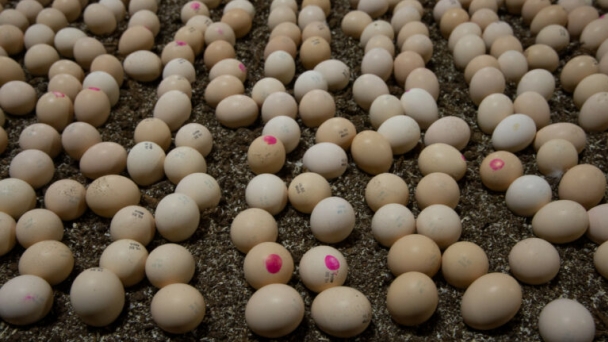
(VAN) Research has shown that hatching on-farm enhanced mucosal morphology and modulated immunity, indicating improved intestinal health when compared to hatching in conventional hatcheries.
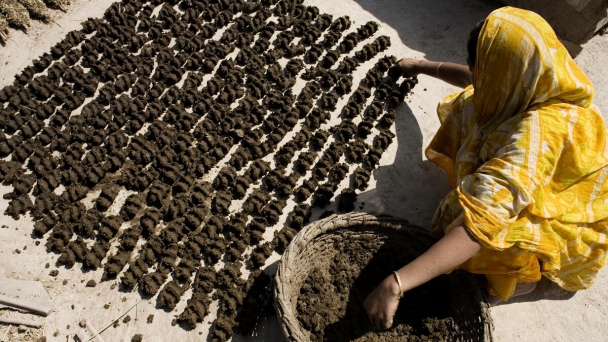
(VAN) FAO publishes comprehensive report on Sustainable Nitrogen Management in Agrifood Systems.
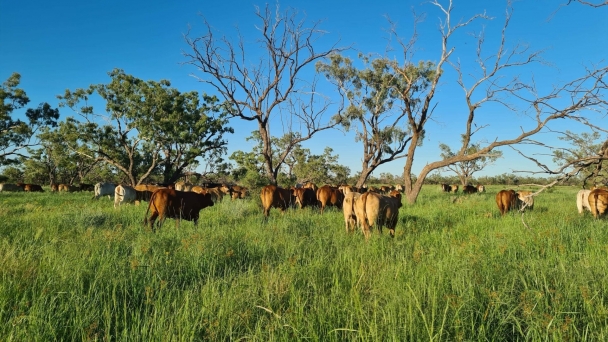
(VAN) Regenerative agriculture saw some major developments in 2024, particularly around finance, getting more involvement from agrifood corporates, and aiding in the growth of smallholder operations.
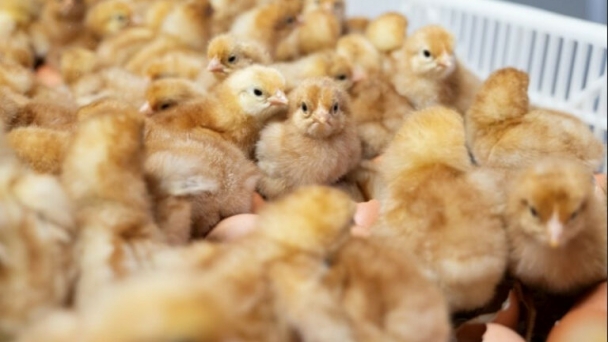
(VAN) The first US chicks from eggs that were sexed using in-ovo Cheggy technology have now been hatched, paving the way for eggs from in-ovo sexed hens to be sold to US consumers starting mid-2025.
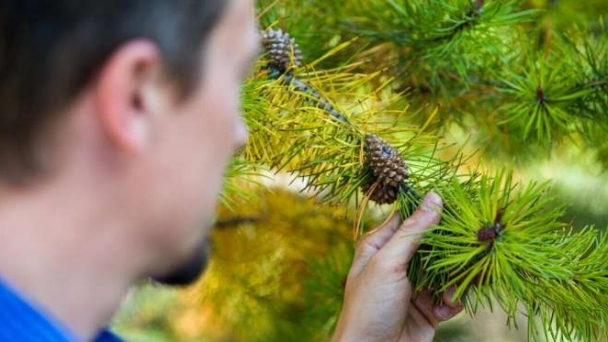
(VAN)A team at the University of Calgary is making scientific advances in understanding plant adaptation, which could ultimately be used to find ways to make agricultural crops more resilient to heat, drought and climate change.
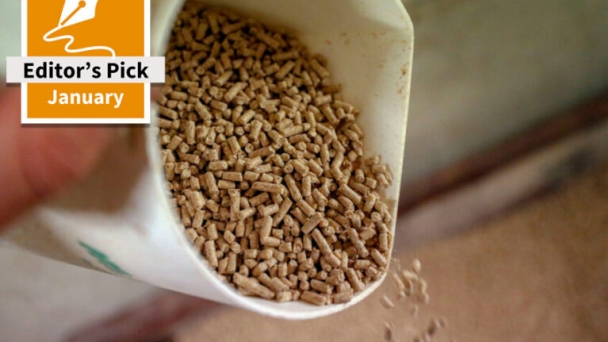
(VAN) Recent research has demonstrated the beneficial impacts of yeast and yeast-based products in providing essential nutrients, increasing feed palatability, and improving growth performance and feed utilisation.